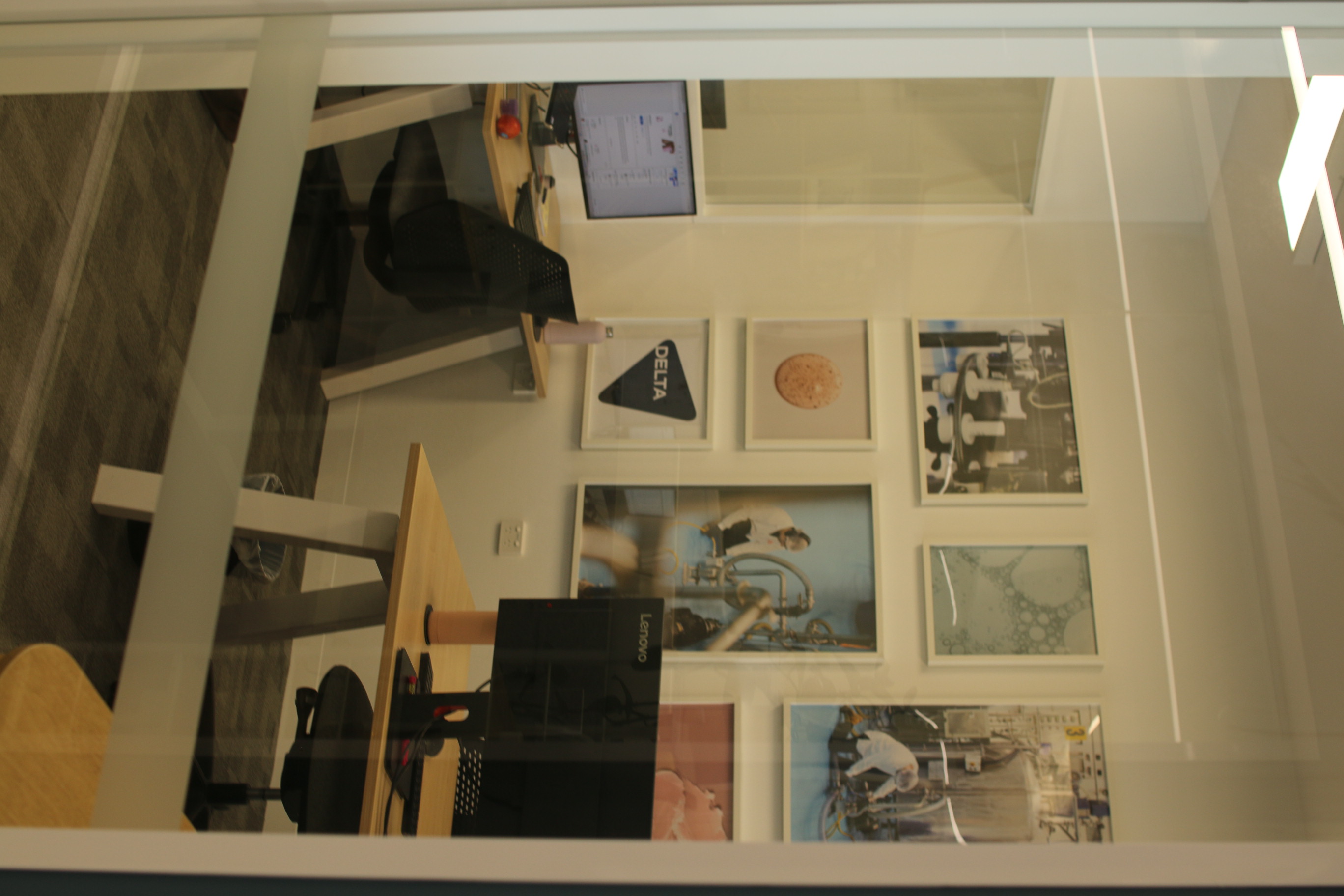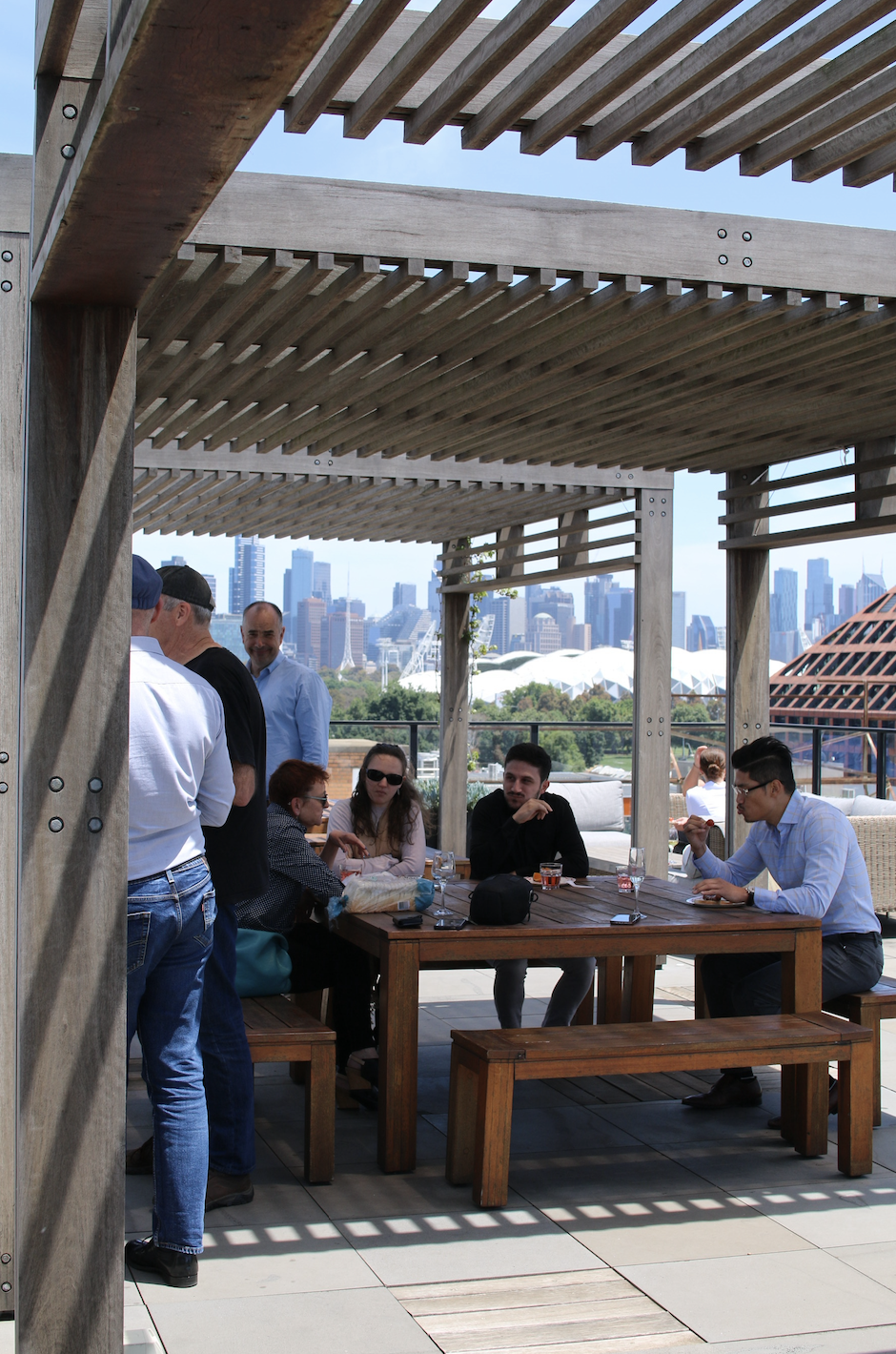For many corporate employees working from home provided a much need break from the typical hustle and bustle of life. Swapping that dreaded hour-long commute for a sleep in, the suit and tie for a comfy sweat set and the daily grind of a day at HQ was replaced by more family time and flexibility.
However, the shine began to grow dull and fade thanks to zoom fatigue, home schooling and working from a makeshift office, craving the benefits of an office employees used to have.
Although remote work was initially introduced as a temporary solution, it is here to stay… at least to some degree. The covid-19 pandemic shone a light on the importance of work-life balance and highlighted the vital importance of human connection in the workplace. This learning curve led to employees seeking to continue with the flexibility of working from home however with an aspect of office-based work.
Uniquely positioned to fill the void, co-working spaces and flexible office providers are in high demand, particularly for white collar workers striving for the right balance of community and autonomy.
Why are corporate companies seeking alternative workspaces – such as co-working spaces?
While some businesses will be happy to investigate long-term leases and take advantage of lowered prices, many others will look to serviced flexible office spaces to manage the ups and downs of market volatility over the coming months and years.
Today, serviced offices provide the opportunity for shorter term leases such as 6 months or 12 months, in a fully furnished and equipped office space. Flexible workspaces like collective_100 have been leading the workplace trends, offering various office solutions. Whether you require a private office, dedicated desk, or a hot desk for the day. Serviced, flexible offices allow businesses freedom to redefine the traditional office by increasing flexibility regarding finance, amenities, and accessibility.
As many companies are finding it difficult to transition back from remote work, with many employees demanding more flexibility on where they work. A flexible workspace is more important now than it ever has been, with changes in workplace policy and employee needs. Flexible workspaces allow businesses to accommodate these demands.
Unlike a traditional office, it is easy to customise the space as per the businesses needs and how their employees want to interact with their workspace. As more and more employees work from home, with the adaption of the hybrid work model. Larger companies are finding that leasing a smaller space and allowing their employees to do a combined 3 days in the office and 2 days working from home, they can not only save money but also space.
It all comes back to one thing – Flexibility
A credit to the pandemic, there has been a major shift in the metrics of performance, creating a sense of freedom from the physical routine and workplace related rituals. For professionals, co-working provides a more flexible and fluid space than the home office, affording the freedom, independence and individual privacy to carry out one’s work. With spaces, like collective_100 accessible to members 24/7 with a diverse range of workspaces to utilise, workers are given the luxury to control how, when and where they perform their responsibilities.
Importance of Community
At the core, co-working spaces are built on community, connection and collaboration. In a post covid workplace, the three C’s will be paramount to recovering from the effects of lockdowns. Coworking spaces provide a ready-made community with a shared physical space where connections are always being made and a positive, collaborative culture is reinforced. Our space, at collective_100, provides business owners and workers with meaningful contact and networking opportunities with a range of social events to help them feel connected and supported.
With the remote working model tried and tested, albeit forcibly, co-working offers what’s missing from the home office and is lost in the daily grind, perhaps the key ingredient for businesses and employees to bounce back from the pandemic.
Ready to experience the best of both worlds?
Discover how Collective_100 can help you strike the perfect balance between flexibility, community, and productivity. Whether you need a private office, a dedicated desk, or a hot desk for the day, our premium workspace solutions are designed to meet your needs.
Join a vibrant community of professionals and take the first step toward redefining your work experience. Contact us today to schedule a tour or learn more about our flexible options!




.svg)
